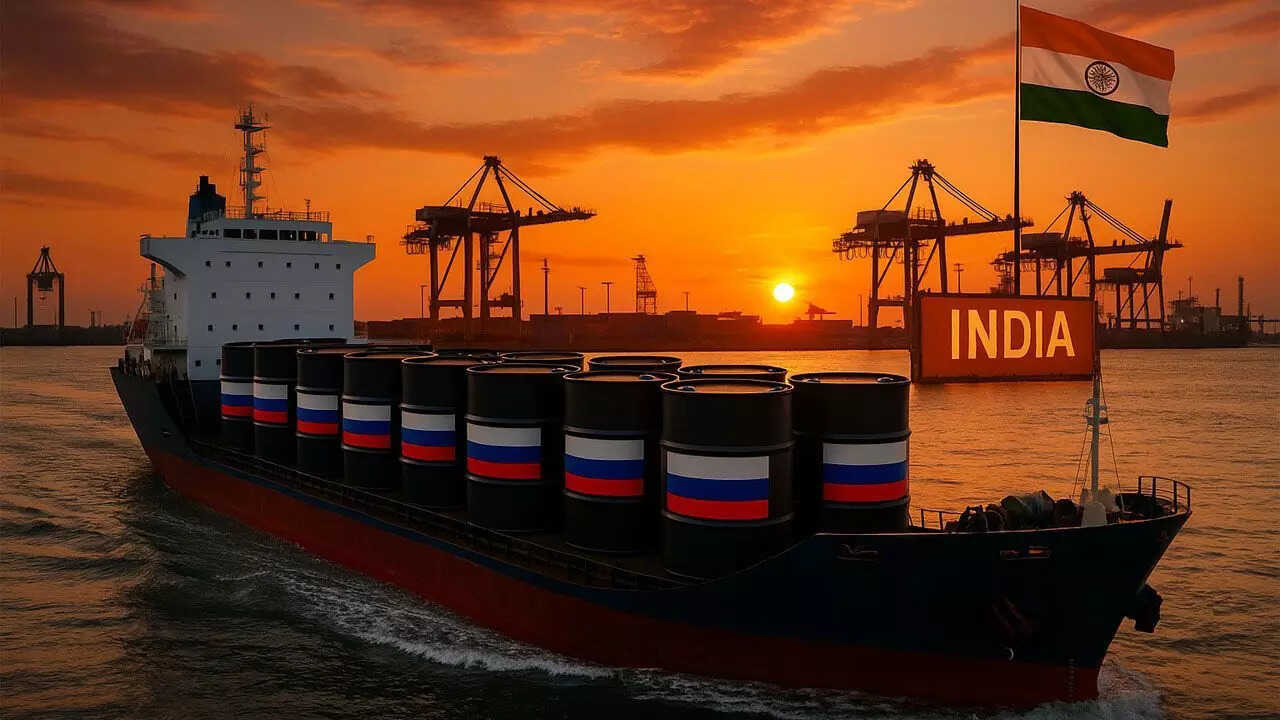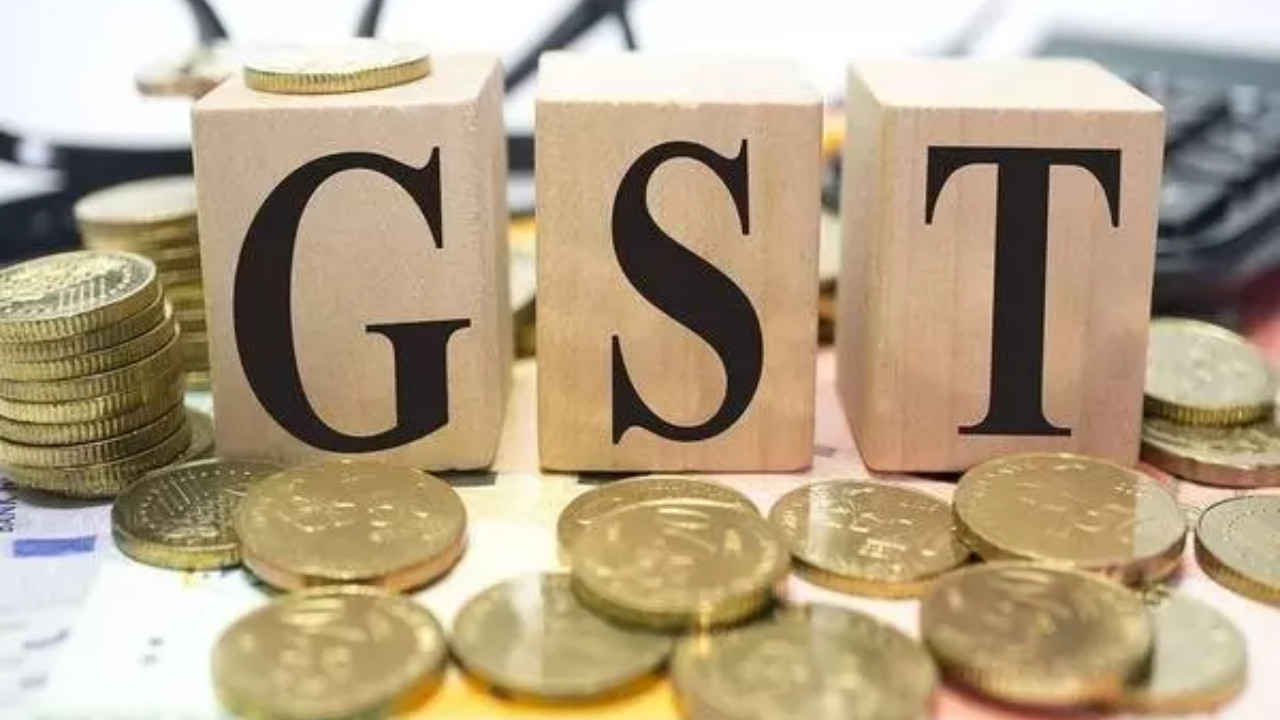Despite US opposition, Indian state-owned oil refiners intend to resume full-scale purchases of discounted Russian crude, but face delays due to limited cargo availability and Moscow’s focus on Chinese markets.
India’s Thirst for Russian Oil: Navigating Geopolitics and Empty Docks
For months, whispers have circulated about the dance between global politics and India’s energy needs. Now, the music’s getting louder. Despite pressure from across the Atlantic, India’s state-owned oil refiners are signaling a clear intention: they plan to ramp up their purchases of Russian crude, returning to levels seen before recent disruptions. But, like any well-choreographed routine, there are challenges to overcome.
The backdrop to this resurgence is complex. Western nations, led by the US, have been urging India to reduce its reliance on Russian oil, seeking to limit Moscow’s revenue stream following the invasion of Ukraine. However, India, prioritizing its own energy security and economic stability, has maintained a delicate balancing act. Cheap Russian crude offers a compelling advantage, especially when global prices fluctuate.

Why the Hesitation? Addressing the Cargo Conundrum
The path back to full-throttle Russian oil imports isn’t entirely smooth. A primary obstacle is the simple availability of cargoes. While demand is clearly present, securing the actual shipments has proven tricky. Recent months have seen a dip in available Russian crude, impacting India’s ability to maintain consistent import volumes. This has led to some tense moments and requires creative logistical solutions to resolve.
Several factors contribute to this shortage. Production cuts within Russia, logistical bottlenecks, and the complexities of navigating international sanctions all play a role. Essentially, even with the willingness to buy, actually getting the oil from point A to point B requires a herculean effort.
India’s Refiners: Adapting to a Shifting Landscape
Indian Oil Corporation (IOC), Bharat Petroleum Corporation (BPCL), and Hindustan Petroleum Corporation (HPCL)—the nation’s three major state-owned refiners—are at the forefront of this strategic recalibration. These giants play a pivotal role in India’s energy security, and their decisions ripple throughout the nation’s economy. Their renewed interest in Russian crude isn’t simply about cost savings; it’s about ensuring a stable and diverse supply chain in an increasingly volatile global market. They are diversifying, looking for stability, and securing affordable resources for a growing economy.
This push reflects a broader trend of India asserting its strategic autonomy on the world stage. While maintaining diplomatic ties with Western nations, India is also demonstrating its commitment to pursuing its own national interests. This nuanced approach requires skillful diplomacy and a deep understanding of the intricacies of international relations.
The Price is Right: The Allure of Discounted Crude
The economic incentives driving India’s continued reliance on Russian oil are undeniable. Discounted prices offer a significant advantage, allowing Indian refiners to lower costs and boost their competitiveness in the global market. These savings are then passed on to consumers, helping to mitigate inflationary pressures and support economic growth.
The availability of cheaper crude also allows India to diversify its energy sources, reducing its dependence on traditional suppliers in the Middle East and other regions. This diversification enhances India’s energy security and makes it less vulnerable to geopolitical disruptions.
Looking Ahead: Navigating the Future of India’s Crude Oil Imports
The situation remains fluid, with geopolitical winds constantly shifting. India’s ability to successfully navigate this complex landscape will depend on several factors, including its diplomatic prowess, its ability to secure reliable cargo supplies, and its capacity to adapt to evolving international sanctions. For related insights, read more about [India’s evolving energy policy](/energy-policy-india).
Ultimately, India’s decision to increase its Russian crude purchases underscores the growing importance of energy security in a rapidly changing world. It also highlights the challenges of balancing competing geopolitical pressures and the imperative of pursuing national interests in a pragmatic and strategic manner. As global energy dynamics continue to evolve, India’s approach will undoubtedly be closely watched by nations around the world. The need for crude oil on the global market impacts economies across the planet.







